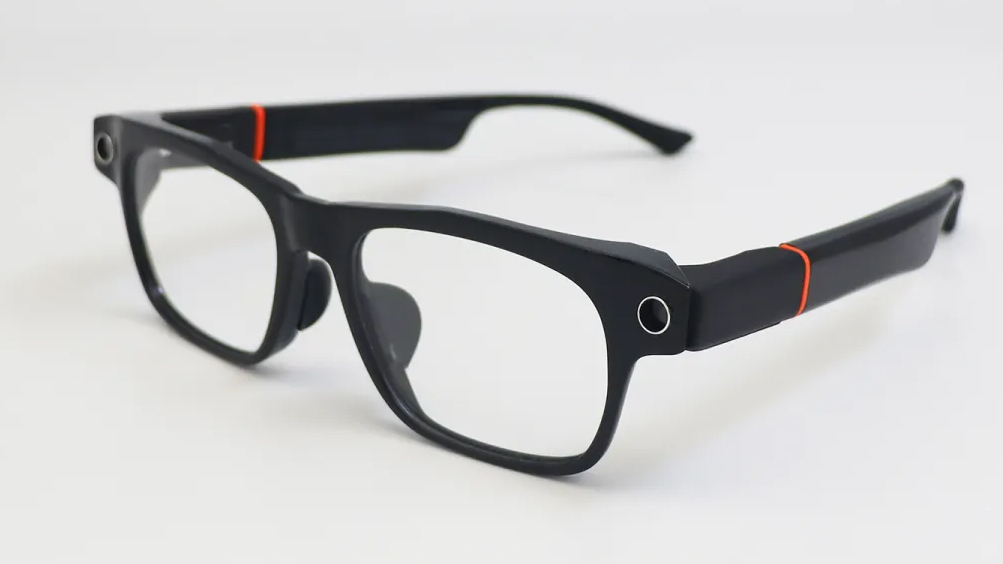The Ray-Ban Meta glasses have a new rival for the title of best smart glasses, with the new Solos AirGo Visions letting you quiz ChatGPT about the objects and people you’re looking at.
Unlike previous Solos glasses, the AirGo Vision boast a built-in camera and support for OpenAI‘s latest GPT-4o model. These let the glasses identify what you’re looking at and respond to voice prompts. For example, you could simply ask, “what am I looking at?” or give the AirGo Visions a more specific request like “give me directions to the Eiffel Tower.”
Another neat feature of the new Solos glasses is their modular frame design, which means you can change some parts – for example, the camera or lenses – to help them suit different situations. These additional frames start from $89 (around £70 / AU$135).
If talking to a pair of camera-equipped smart glasses is a little too creepy, you can also use the camera to simply take holiday snaps. The AirGo Visions also feature built-in speakers to answer your questions or play music.
While there’s no official price or release date for the full version of the AirGo Visions, Solos will release a version without the camera for $249 (around £200 / AU$375) in July. That means we can expect a camera-equipped pair to cost at least as much as the Ray-Ban Meta glasses, which will set you back $299 / £299 / AU$449.
How good are AI-powered smart glasses?
While we haven’t yet tried the Solos AirGo Visions, it’s fair to say that smart glasses with AI assistants are a work in progress.
TechRadar’s Senior Staff Writer Hamish Hector recently tried the Meta AI’s ‘Look and Ask’ feature on his Ray-Ban smart glasses and found the experience to be mixed. He stated that “the AI is – when it works – fairly handy,” but that “it wasn’t 100% perfect, struggling at times due to its camera limitations and an overload of information.”
The smart glasses failed in some tests, like identifying trees, but their ability to quickly summarize a confusing, information-packed sign about the area’s parking restrictions showed how useful they can be in some situations.
As always, with any AI-powered responses, you’ll want to corroborate any answers to filter out errors and so-called hallucinations. But there’s undoubtedly some potential in the concept, particularly for travelers or anyone who is visually impaired.
The Solos AirGo Visions’ support for OpenAI’s latest GPT-4o model should make for an interesting comparison with the Ray-Ban Meta smart glasses when the camera-equipped version lands. Until then, you can check out our guide to the best smart glasses you can buy right now.





